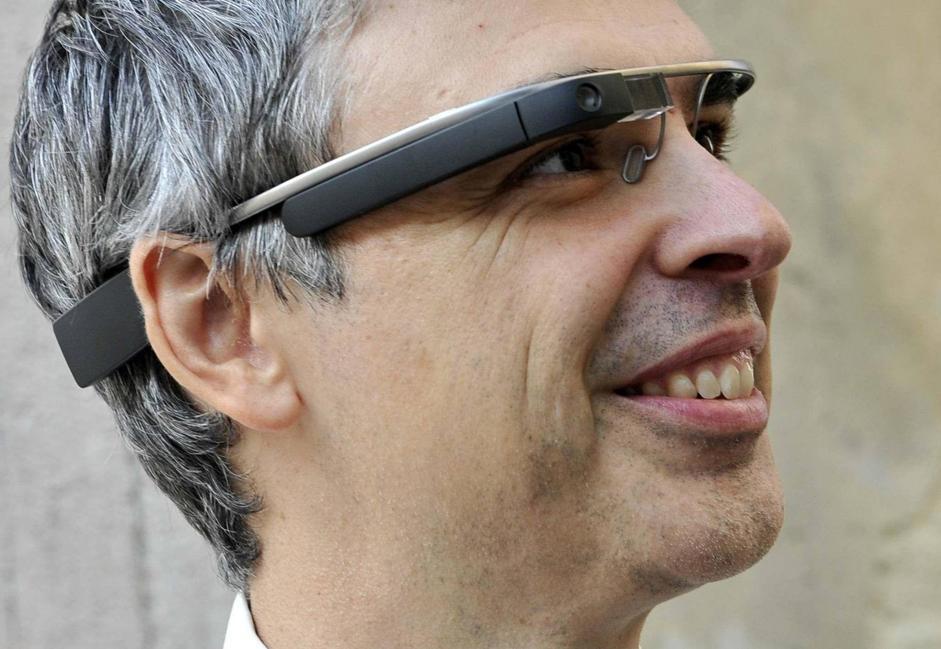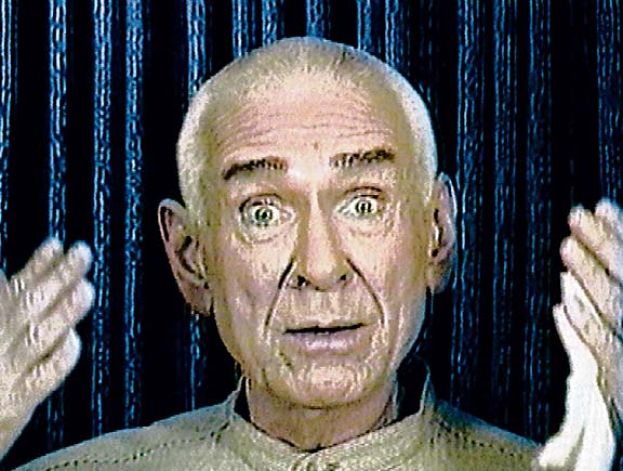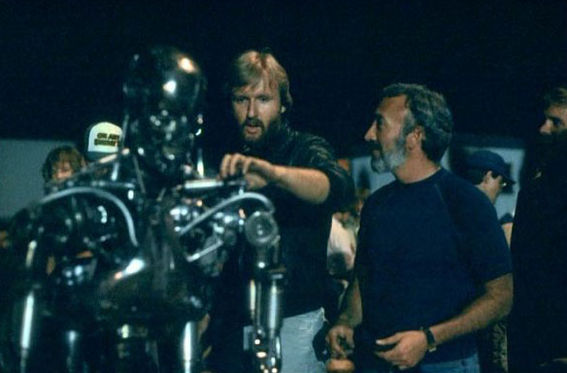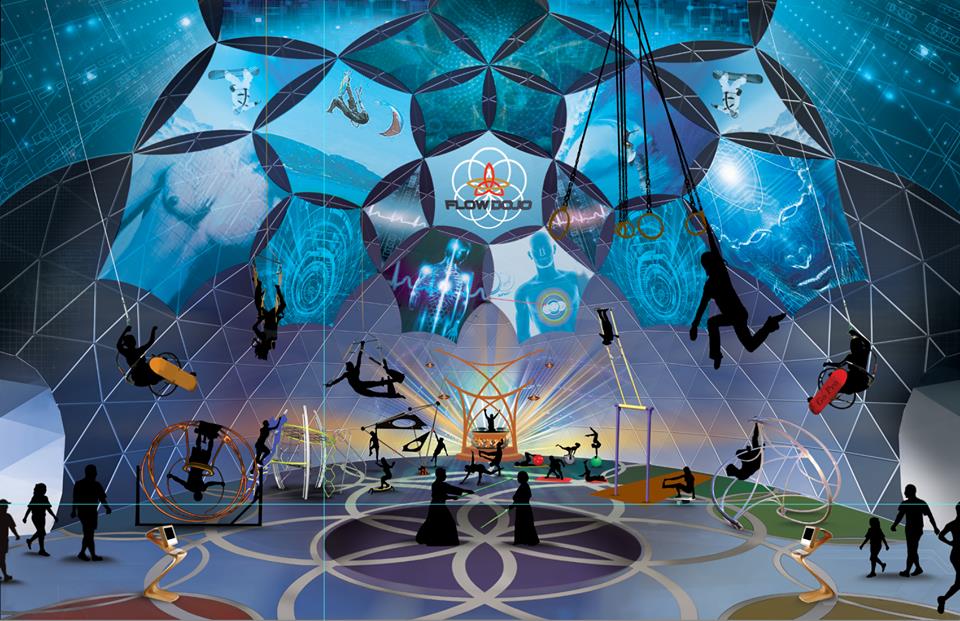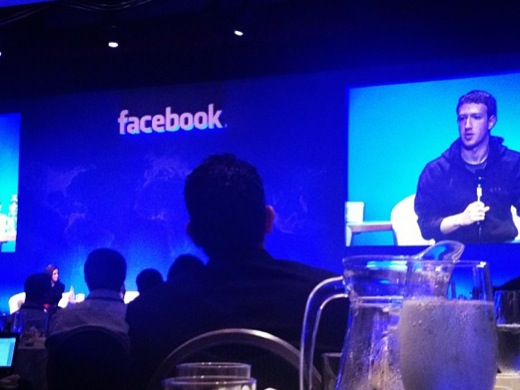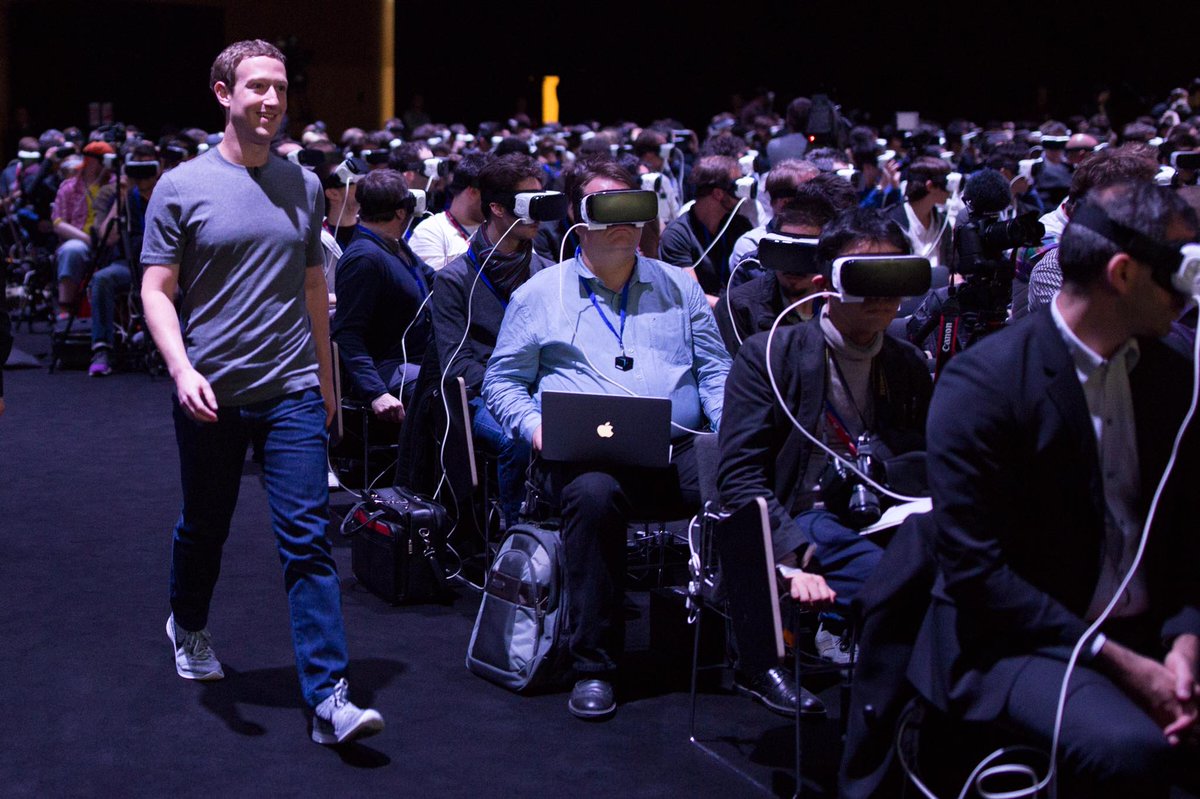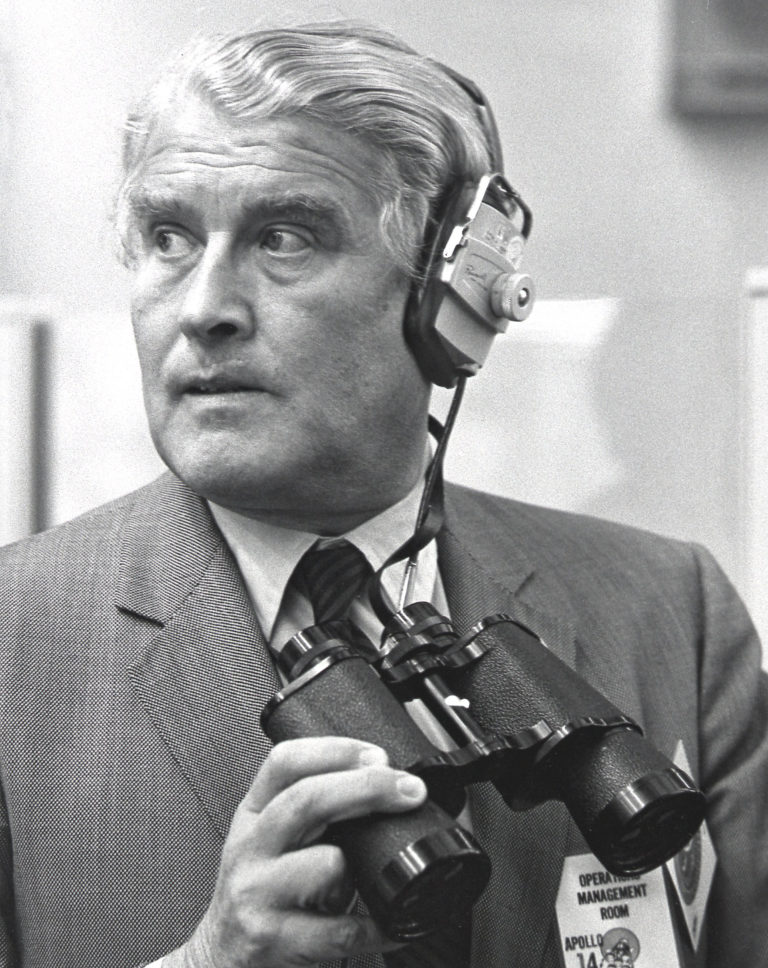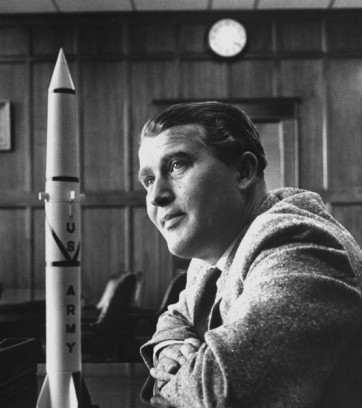I wonder if it dawned on Soviet refugee and Google guy Sergey Brin when he joined the January pro-immigration protests at San Francisco International Airport that his company, founded not even 20 years ago with the “Don’t Be Evil” tagline, played a large role in enabling a xenophobic, anti-refugee Administration into the White House, and it was more than just an egregious oversight. It wasn’t a bug but a feature. Something tells me that Brin avoided too much reflection on this point, that the primary thought among the major communications players in Silicon Valley has been how to do damage control without doing any damage to the bottom line.
· · ·
In the Web 1.0 days, editors who argued against selling prime real estate in search results to the highest bidder within an automated system were told that they not only didn’t understand business but that they didn’t understand the future. Both sides were right, in a sense. Tomorrow was indeed up for sale, and sites and groups, many of them under the auspices of the Kremlin and some run by neo-Nazis, paid for placement and gamed the system, meaning that everything those editors feared—and far worse—came to fruition.
· · ·
Google, with its outsize control over Internet communications, is one of the major culprits in the new abnormal, but it isn’t alone, as Facebook and Twitter have also done harm, and it wasn’t an accident. From a Bloomberg report published a few hours ago:
Facebook Inc. is pledging greater transparency about who’s behind election-related ads online. For years, the company fought to avoid it. Since 2011, Facebook has asked the Federal Election Commission for blanket exemptions from political advertising disclosure rules — transparency that could have helped it avoid the current crisis over Russian ad spending ahead of the 2016 U.S. election. Communications law requires traditional media like TV and radio to track and disclose political ad buyers. The rule doesn’t apply online, an exemption that’s helped Facebook’s self-serve advertising business generate hundreds of millions of dollars in political campaign spots. When the company was smaller, the issue was debated in some policy corners of Washington. Now that the social network is such a powerful political tool, with more than 2 billion users, the topic is at the center of a debate about the future of American democracy.
· · ·
Carole Cadwalladr, who’s done excellent work in the Guardian this year in trying to untangle the impact the Mercers and Cambridge Analytica had on Brexit and the U.S. Presidential election, also published a piece on the army of trolls that pollutes the Internet with hatemongering and misinformation, a regiment that is continuing to grow in size and impact. One expert on the topic tells her about these nefarious agents: “It’s an information war…it’s a network…it’s far more powerful than any one actor…and it’s learning…every day, it’s getting stronger.”
An excerpt:
Stories about fake news on Facebook have dominated certain sections of the press for weeks following the American presidential election, but arguably this is even more powerful, more insidious. Frank Pasquale, professor of law at the University of Maryland, and one of the leading academic figures calling for tech companies to be more open and transparent, calls the results “very profound, very troubling”.
He came across a similar instance in 2006 when, “If you typed ‘Jew’ in Google, the first result was jewwatch.org. It was ‘look out for these awful Jews who are ruining your life’. And the Anti-Defamation League went after them and so they put an asterisk next to it which said: ‘These search results may be disturbing but this is an automated process.’ But what you’re showing – and I’m very glad you are documenting it and screenshotting it – is that despite the fact they have vastly researched this problem, it has gotten vastly worse.”
And ordering of search results does influence people, says Martin Moore, director of the Centre for the Study of Media, Communication and Power at King’s College, London, who has written at length on the impact of the big tech companies on our civic and political spheres. “There’s large-scale, statistically significant research into the impact of search results on political views. And the way in which you see the results and the types of results you see on the page necessarily has an impact on your perspective.” Fake news, he says, has simply “revealed a much bigger problem. These companies are so powerful and so committed to disruption. They thought they were disrupting politics but in a positive way. They hadn’t thought about the downsides. These tools offer remarkable empowerment, but there’s a dark side to it. It enables people to do very cynical, damaging things.”
Google is knowledge. It’s where you go to find things out. And evil Jews are just the start of it. There are also evil women. I didn’t go looking for them either. This is what I type: “a-r-e w-o-m-e-n”. And Google offers me just two choices, the first of which is: “Are women evil?” I press return. Yes, they are. Every one of the 10 results “confirms” that they are, including the top one, from a site called sheddingoftheego.com, which is boxed out and highlighted: “Every woman has some degree of prostitute in her. Every woman has a little evil in her… Women don’t love men, they love what they can do for them. It is within reason to say women feel attraction but they cannot love men.”
Next I type: “a-r-e m-u-s-l-i-m-s”. And Google suggests I should ask: “Are Muslims bad?” And here’s what I find out: yes, they are. That’s what the top result says and six of the others. Without typing anything else, simply putting the cursor in the search box, Google offers me two new searches and I go for the first, “Islam is bad for society”. In the next list of suggestions, I’m offered: “Islam must be destroyed.”
Jews are evil. Muslims need to be eradicated. And Hitler? Do you want to know about Hitler? Let’s Google it. “Was Hitler bad?” I type. And here’s Google’s top result: “10 Reasons Why Hitler Was One Of The Good Guys” I click on the link: “He never wanted to kill any Jews”; “he cared about conditions for Jews in the work camps”; “he implemented social and cultural reform.” Eight out of the other 10 search results agree: Hitler really wasn’t that bad.
A few days later, I talk to Danny Sullivan, the founding editor of SearchEngineLand.com. He’s been recommended to me by several academics as one of the most knowledgeable experts on search. Am I just being naive, I ask him? Should I have known this was out there? “No, you’re not being naive,” he says. “This is awful. It’s horrible. It’s the equivalent of going into a library and asking a librarian about Judaism and being handed 10 books of hate. Google is doing a horrible, horrible job of delivering answers here. It can and should do better.”•

